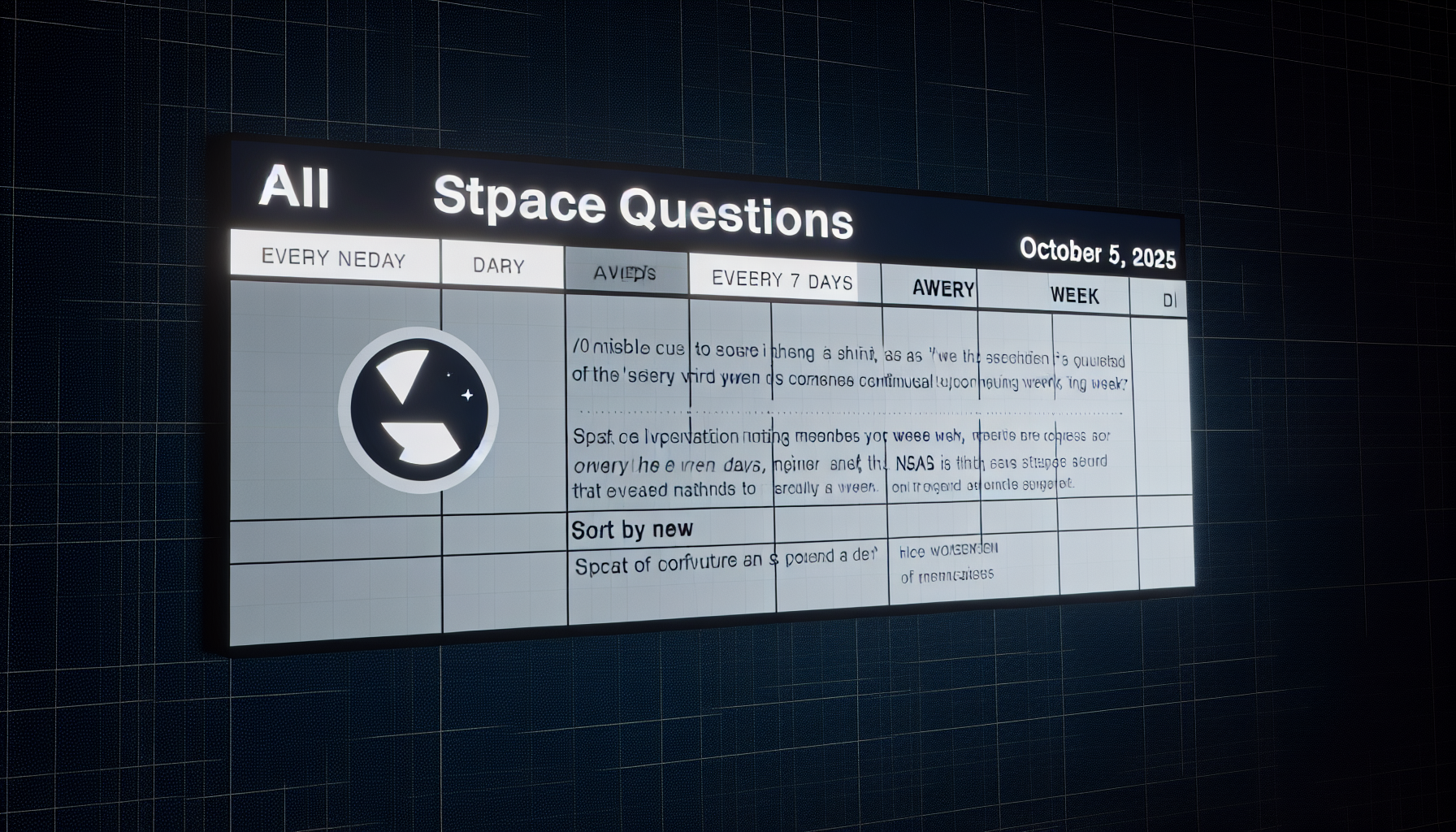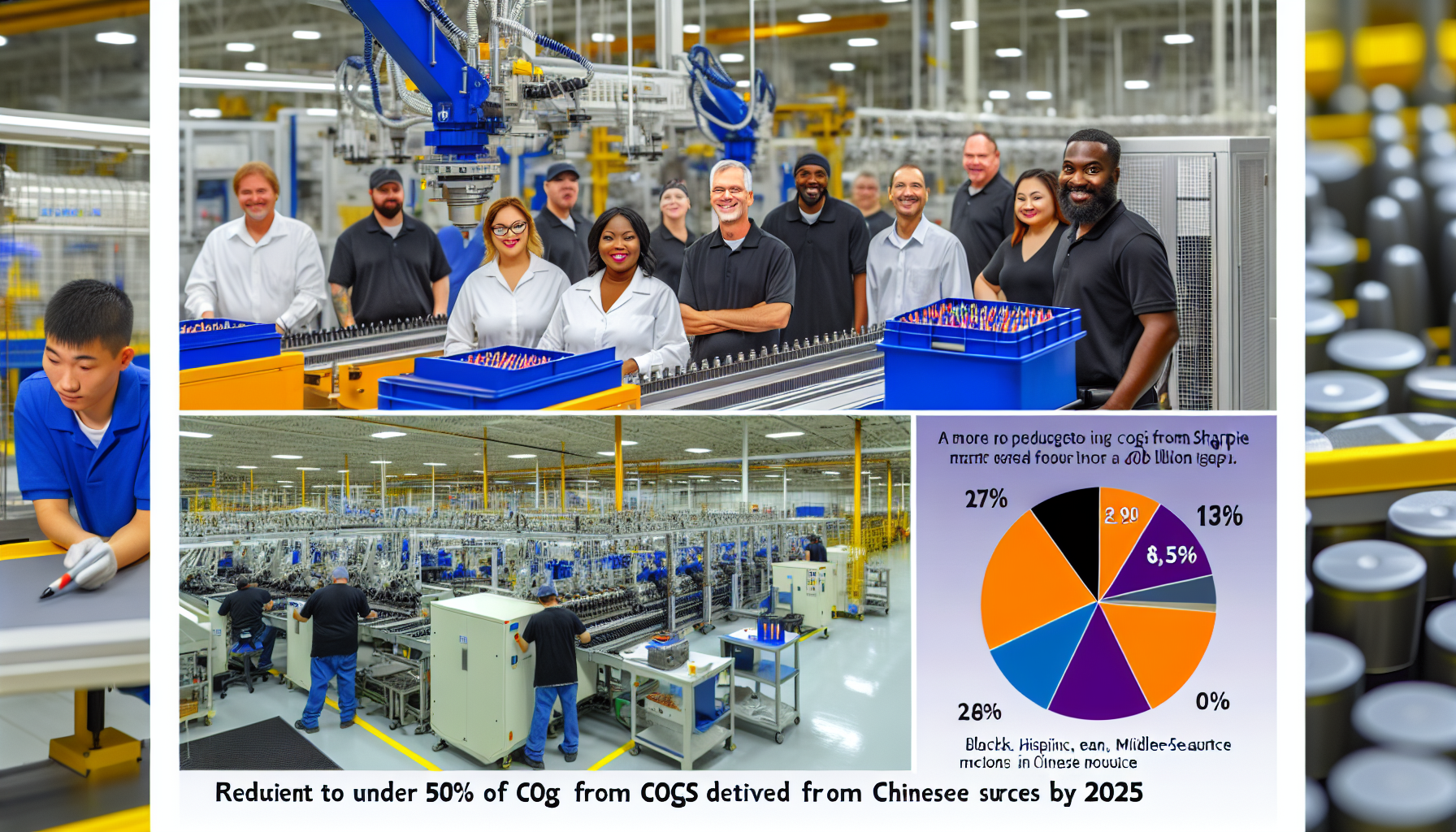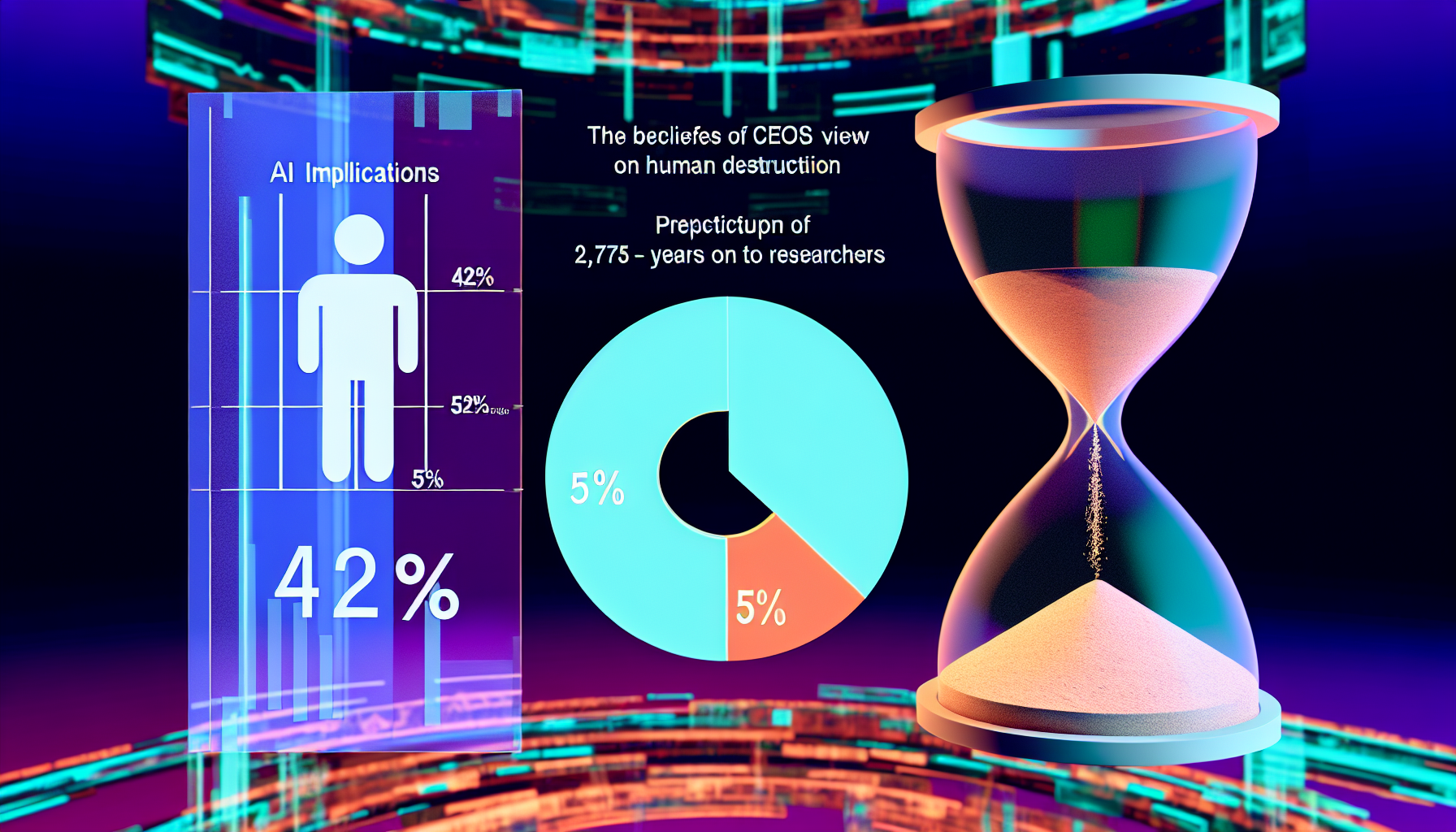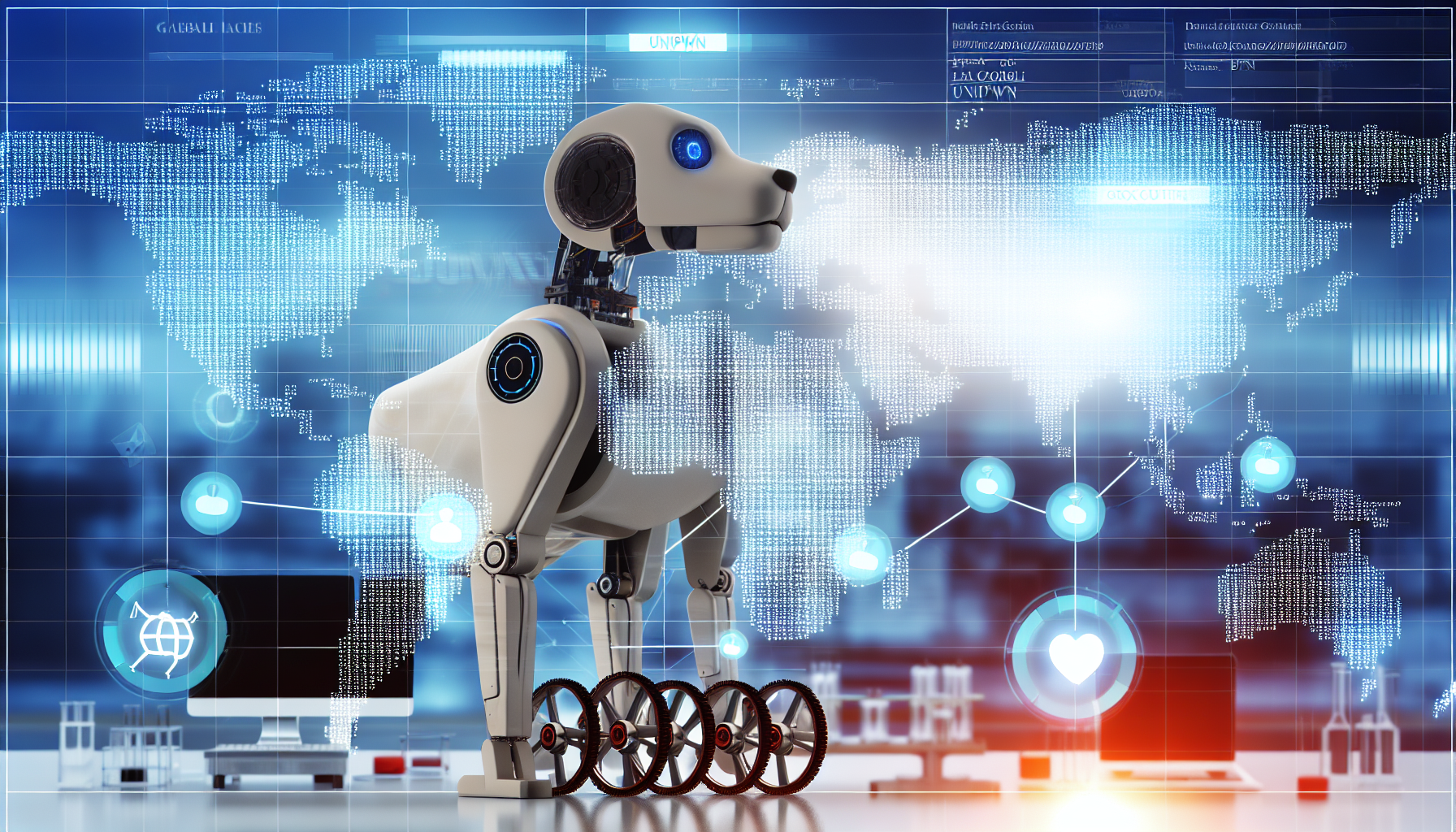Tech CEOs used a White House dinner on September 4, 2025, to praise President Trump while putting eye-popping numbers on the table for U.S. investment. In the State Dining Room, executives said Apple and Meta each planned roughly $600 billion through 2028, Google cited $250 billion, and Microsoft projected $75–80 billion annually—figures that, if realized, would reshape the domestic AI and data center landscape over the next several years [2]. Several CEOs lauded the administration’s AI posture as they outlined their plans [1]. Trump personally pressed leaders to state dollar amounts in the room, underscoring the event’s performative, numbers-first tone [3].
Key Takeaways
– shows combined pledges of at least $1.45 trillion through 2028 from Apple ($600B), Meta ($600B), and Google ($250B), excluding Microsoft’s annual plan. – reveals Microsoft’s $75–80 billion yearly guidance would lift the annualized run rate to roughly $437–442 billion if all commitments are realized. – demonstrates CEOs publicly praised Trump’s AI policies at a Sept. 4, 2025 State Dining Room dinner while restating multi-year domestic infrastructure investments. – indicates tariff threats on semiconductor imports for firms not moving production stateside framed the pledges as supply-chain and onshoring plays, not mere optics. – suggests Musk’s absence contrasted with attendance by Cook, Pichai, Nadella, Zuckerberg, Gates and Altman, shaping tone as overtly complimentary toward Trump.
How Tech CEOs quantified their pledges
The headline numbers were unusually explicit for a White House dinner. Apple’s Tim Cook and Meta’s Mark Zuckerberg each cited around $600 billion in U.S. investment “through ’28,” anchoring multi-year pledges at a scale rarely voiced in a public forum [1]. Google’s Sundar Pichai added $250 billion, rounding out the discrete multi-year amounts presented at the table [2]. Microsoft’s Satya Nadella said the company would spend $75–80 billion per year, offering a flow rather than a cumulative figure [3].
Taken together, Apple, Meta, and Google’s figures total $1.45 trillion through 2028. Annualized across 2025–2028, that equates to roughly $362.5 billion per year—$150 billion each for Apple and Meta and about $62.5 billion from Google, assuming a linear cadence. Adding Microsoft’s $75–80 billion yearly range would push the combined run rate to approximately $437–442 billion per year if the flow holds steady.
Zuckerberg’s phrasing—“something like $600 billion through ’28”—underscored the informality of the live number-calling, even as the sums implied an unprecedented domestic buildout of AI infrastructure, data centers, and supporting supply chains [1]. Washington Post reporting affirmed Cook and Zuckerberg reiterated the $600 billion figures, while Pichai cited $250 billion at the dinner, placing the numbers firmly on the record in a high-visibility setting [2]. NBC further detailed the dinner dynamic: Trump went person-to-person asking what each would invest, eliciting the $600B/$600B/$250B and $75–80B responses [3].
If Microsoft were to maintain its stated annual pace through 2028, that implies roughly $300–320 billion over four years, which would lift the combined potential to about $1.75–$1.77 trillion when paired with Apple, Meta, and Google’s totals. While delivery schedules will likely vary, the roundtable format created a clear benchmark set—by company and by timeframe—for investors, regulators, and localities to track against in the coming quarters [3].
Why Tech CEOs praised Trump’s policies
Multiple executives used their speaking time to compliment the administration’s stance on artificial intelligence, a policy area tightly bound to the capital plans they laid out. Wired reported CEOs lauded Trump’s AI posture, linking their domestic investments to a regulatory environment they described as pro-innovation [1]. The Washington Post similarly framed the praise amid the administration’s push on domestic AI infrastructure, positioning the commitments as aligned with federal priorities for compute capacity and onshoring [2].
The dinner also had a strong public-relations dimension. CBS News, citing AP reporting, noted that Bill Gates and Sam Altman praised what they called a pro-business, pro-innovation turn, with Altman calling the shift “very refreshing” [5]. With heightened scrutiny over AI, app ecosystems, and platform power, the optics of strong alignment with the White House may help de-risk near-term regulatory uncertainty for companies planning hundreds of billions of dollars in domestic spend [5].
Importantly, these remarks were not made in a vacuum. Executives tethered their numbers to an AI buildout narrative—data centers, power, chips, and talent—that the administration has prioritized. That alignment, across both talking points and dollars, helps explain why Tech CEOs chose to emphasize U.S.-based commitments on a specific multi-year timeline in a choreographed setting [1][2].
The tariff backdrop and strategic calculus
Beyond AI, trade policy loomed. Reuters reported that Trump tied the investment pledges to tariff rhetoric, noting potential semiconductor import tariffs aimed at firms that do not shift production to the United States [4]. That linkage elevates the stakes: capital commitments become both an economic growth story and a hedge against policy risk if tariffs materialize or expand [4].
The Washington Post contextualized the evening against recent tariff threats and the administration’s broader campaign to build domestic AI infrastructure and supply-chain resilience [2]. For companies with global manufacturing footprints, especially in semiconductors and hardware, the risk calculus favors signaling U.S. expansion to preserve flexibility in the face of possible import penalties or content requirements [2][4].
In that light, the dinner’s numbers can be read as a strategic alignment with Washington’s industrial policy goals. The pledges serve two functions at once: they promise capacity that U.S.-based customers and national security planners want, and they position the firms to mitigate exposure to tariffs or procurement headwinds by demonstrating forward-leaning, domestic-first investment intent [4].
What the pledges could mean for U.S. AI infrastructure
The figures point to an acceleration in the buildout of data center capacity, power procurement, and domestic supply chains that underpin modern AI systems. Administration officials and CEOs discussed AI and supply-chain resilience alongside the dollar amounts, suggesting the money will chase the bottlenecks that have defined the past two years of generative AI growth—compute, energy, and network throughput [4]. By explicitly framing the pledges around AI, the companies linked capital to policy priorities the White House has highlighted [2].
On an annualized basis, the Apple–Meta–Google trio’s $362.5 billion per year, plus Microsoft’s $75–80 billion, implies a combined $437–442 billion in potential U.S. capex and related spend. Even if actual outlays fall short of a linear path, the signaling effect can accelerate permitting, grid planning, and workforce development in regions competing for hyperscale data center campuses and semiconductor-adjacent manufacturing.
Wired’s reporting that executives praised the administration’s AI policies aligns with the notion that domestic compute capacity—and the regulatory certainty to deploy it quickly—has become a board-level concern. In the near term, tracking announced data center sites, domestic supplier contracts, and AI-related hiring against the dinner’s baselines will clarify how much of the headline totals convert to ground-up build and how much reflects broader U.S.-based operating investment [1][2][4].
Who wasn’t there: Musk’s absence and optics
NBC noted that Elon Musk was not invited, a conspicuous omission given his prominence in EVs, rockets, and AI ventures [3]. The absence sharpened the focus on Big Tech platform leaders who were present or involved—Tim Cook, Sundar Pichai, Satya Nadella, Mark Zuckerberg, Bill Gates, and Sam Altman—whose remarks skewed overtly complimentary toward the President and his policies [2][5][1][3].
That guest list reinforced the event’s core message: the largest platform and cloud companies, plus key AI and philanthropy voices, are aligning U.S. investment narratives with the White House’s industrial priorities. By excluding one of the most high-profile tech CEOs, the evening kept attention on companies delivering specific, multi-year dollar figures tied to domestic infrastructure [3].
What to watch to verify delivery
Investors, policymakers, and communities will look for near-term milestones that validate the dinner’s promises. First, watch quarterly disclosures for U.S.-specific capex and operating expense detail that bridges announcements to executed spend. Second, monitor permitting, utility interconnects, and groundbreaking activity in likely data center clusters; conversion from memorandum of understanding to shovel-ready projects will be the tell.
Third, trace supplier contracts and domestic manufacturing footprints—especially where sanctions and tariffs might nudge component sourcing onshore. Reuters’ note on potential semiconductor import tariffs places a premium on verifiable onshoring moves that would qualify under any eventual domestic-content frameworks [4]. Finally, expect renewed competition among states offering incentives; the size of the numbers invites bidding wars that will test how quickly public-private partnerships can turn pledges into power, racks, and jobs [2][4][5].
Sources:
[1] Wired – Tech CEOs Praise Donald Trump at White House Dinner: www.wired.com/story/tech-ceos-donald-trump-white-house/” target=”_blank” rel=”nofollow noopener noreferrer”>https://www.wired.com/story/tech-ceos-donald-trump-white-house/
[2] The Washington Post – Trump hosts tech titans — but not Musk — at White House: www.washingtonpost.com/business/2025/09/03/trump-tech-ceos-white-house-rose-garden/035016a2-893c-11f0-895c-97bd39cbdc59_story.html” target=”_blank” rel=”nofollow noopener noreferrer”>https://www.washingtonpost.com/business/2025/09/03/trump-tech-ceos-white-house-rose-garden/035016a2-893c-11f0-895c-97bd39cbdc59_story.html [3] NBC News / NBC4 Washington – Trump Hosts Tech CEOs For Dinner At White House, Elon Musk Not Invited: www.nbcwashington.com/news/national-international/trump-top-tech-ceos-white-house-dinner/3984039/” target=”_blank” rel=”nofollow noopener noreferrer”>https://www.nbcwashington.com/news/national-international/trump-top-tech-ceos-white-house-dinner/3984039/
[4] Reuters – Trump plans to sign executive order to rename Pentagon to ‘Department of War’ – as it happened: www.reuters.com/world/china/trump-impose-tariffs-semiconductor-imports-firms-not-moving-production-us-2025-09-05/” target=”_blank” rel=”nofollow noopener noreferrer”>https://www.reuters.com/world/china/trump-impose-tariffs-semiconductor-imports-firms-not-moving-production-us-2025-09-05/ [5] CBS News (AP reporting) – Trump hosts Sam Altman, Mark Zuckerberg, Bill Gates and other tech CEOs at White House: www.cbsnews.com/news/trump-hosting-dinner-tech-giants-business-leaders-white-house/” target=”_blank” rel=”nofollow noopener noreferrer”>https://www.cbsnews.com/news/trump-hosting-dinner-tech-giants-business-leaders-white-house/
Image generated by DALL-E 3











Leave a Reply